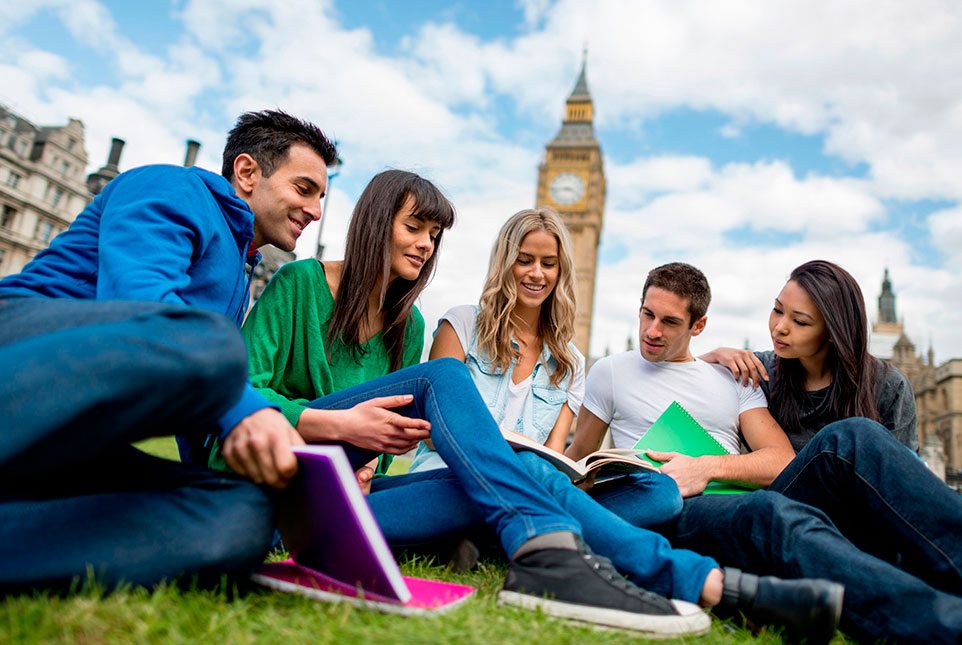Educational travel is an enriching experience that transforms traditional learning into immersive, hands-on opportunities. By exploring new places, cultures, and histories, students can gain valuable insights and skills that enhance their educational journey. This guide examines the benefits of educational travel, the types of experiences available, and how to maximize learning during these journeys.
Benefits of Educational Travel

1. Experiential Learning
- Hands-On Experience: Students engage directly with their surroundings, allowing them to apply theoretical knowledge in real-world contexts.
- Cultural Immersion: Exposure to different cultures fosters understanding and appreciation of diversity, enhancing social and emotional learning.
2. Enhanced Engagement
- Motivation and Interest: Traveling often ignites curiosity and enthusiasm for learning, making education more appealing and relevant.
- Active Participation: Students are more likely to participate actively in discussions and activities when they have firsthand experiences to draw from.
3. Development of Life Skills
- Critical Thinking: Navigating new environments encourages problem-solving and decision-making skills.
- Communication: Interacting with locals and fellow travelers enhances verbal and non-verbal communication skills.
4. Global Awareness
- Broadened Perspectives: Educational travel exposes students to global issues, fostering a sense of responsibility and awareness of their role in the world.
- Civic Engagement: Understanding different societal structures encourages students to become active and informed citizens.
5. Teamwork and Collaboration
- Group Dynamics: Traveling with peers promotes teamwork, collaboration, and relationship-building, essential skills for future success.
- Shared Experiences: Collaborative activities during travel create lasting memories and bonds among participants.
Types of Educational Travel Experiences
1. Cultural Exchanges
- Homestays: Living with local families allows students to immerse themselves in the culture and daily life of the host community.
- Cultural Workshops: Participating in local arts, crafts, or cooking classes enhances cultural understanding and appreciation.
2. Historical Tours
- Site Visits: Exploring historical landmarks and museums provides context to historical events and figures, making history come alive.
- Guided Tours: Engaging with knowledgeable guides can deepen understanding of historical significance and narratives.
3. Environmental Expeditions
- Nature-Based Learning: Exploring national parks, wildlife reserves, or marine environments teaches students about ecosystems and conservation.
- Field Research: Participating in scientific studies or conservation projects fosters hands-on learning in environmental science.
4. Language Immersion Programs
- Language Classes Abroad: Intensive language courses in a native-speaking country enhance language skills and cultural fluency.
- Conversational Practice: Engaging with locals provides practical language use and boosts confidence in communication.
Maximizing Learning During Educational Travel
1. Pre-Trip Preparation
- Research: Encourage students to research the destination, including its history, culture, and current events, to enhance their understanding.
- Goal Setting: Help students set specific learning objectives for their trip, focusing on what they hope to achieve.
2. Active Participation
- Engagement: Encourage students to ask questions, participate in discussions, and take notes during activities and tours.
- Reflection: Incorporate reflective practices, such as journaling or group discussions, to process experiences and insights.
3. Post-Trip Activities
- Follow-Up Projects: Assign projects that allow students to share their experiences and what they learned with others.
- Continued Learning: Encourage further exploration of topics related to the trip, fostering ongoing interest and curiosity.
4. Collaboration with Educators
- Teacher Involvement: Involve teachers in the planning process to align inca travel experiences with curriculum goals and learning outcomes.
- Integration into Curriculum: Use travel experiences as a springboard for classroom discussions and projects, reinforcing learning.
Conclusion
Educational travel is a powerful tool for enhancing learning and personal growth. By turning journeys into immersive experiences, students gain critical skills, broaden their perspectives, and foster a deeper appreciation for the world around them.
As educators and parents recognize the value of educational travel, it becomes essential to support and facilitate these opportunities, ensuring that students can fully benefit from their adventures. By embracing educational travel, we prepare the next generation to be informed, engaged, and culturally aware global citizens.
Read Also About Knowledge sharing is the act of exchanging information, insights, and expertise with others.


